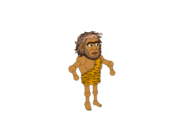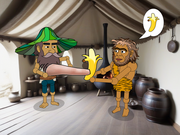吃別人嚼過的饃不香
Characters and words in 吃別人嚼過的饃不香
to eat / to consume / to eat at (a cafeteria etc) / to eradicate / to destroy / to absorb / to suffer / to stammer (Taiwan pr. for this sense is [ji2])
to leave / to depart / to separate / to distinguish / to classify / other / another / don't ...! / to pin / to stick (sth) in / (noun suffix) category (e.g. 性別|性别[xing4 bie2], 派別|派别[pai4 bie2])
person; people / CL:個|个[ge4],位[wei4]
to cross / to go over / to pass (time) / to celebrate (a holiday) / to live / to get along / excessively / too-
of; ~'s (possessive particle) / (used after an attribute) / (used to form a nominal expression) / (used at the end of a declarative sentence for emphasis) / also pr. [di4] or [di5] in poetry and songs
fragrant / sweet smelling / aromatic / savory or appetizing / (to eat) with relish / (of sleep) sound / perfume or spice / joss or incense stick / CL:根[gen1]
Words with 吃別人嚼過的饃不香
吃別人嚼過的饃不香
is not used as a component in another word.
Sentences with 吃別人嚼過的饃不香
吃別人嚼過的饃不香 currently does not appear in any sentence.




